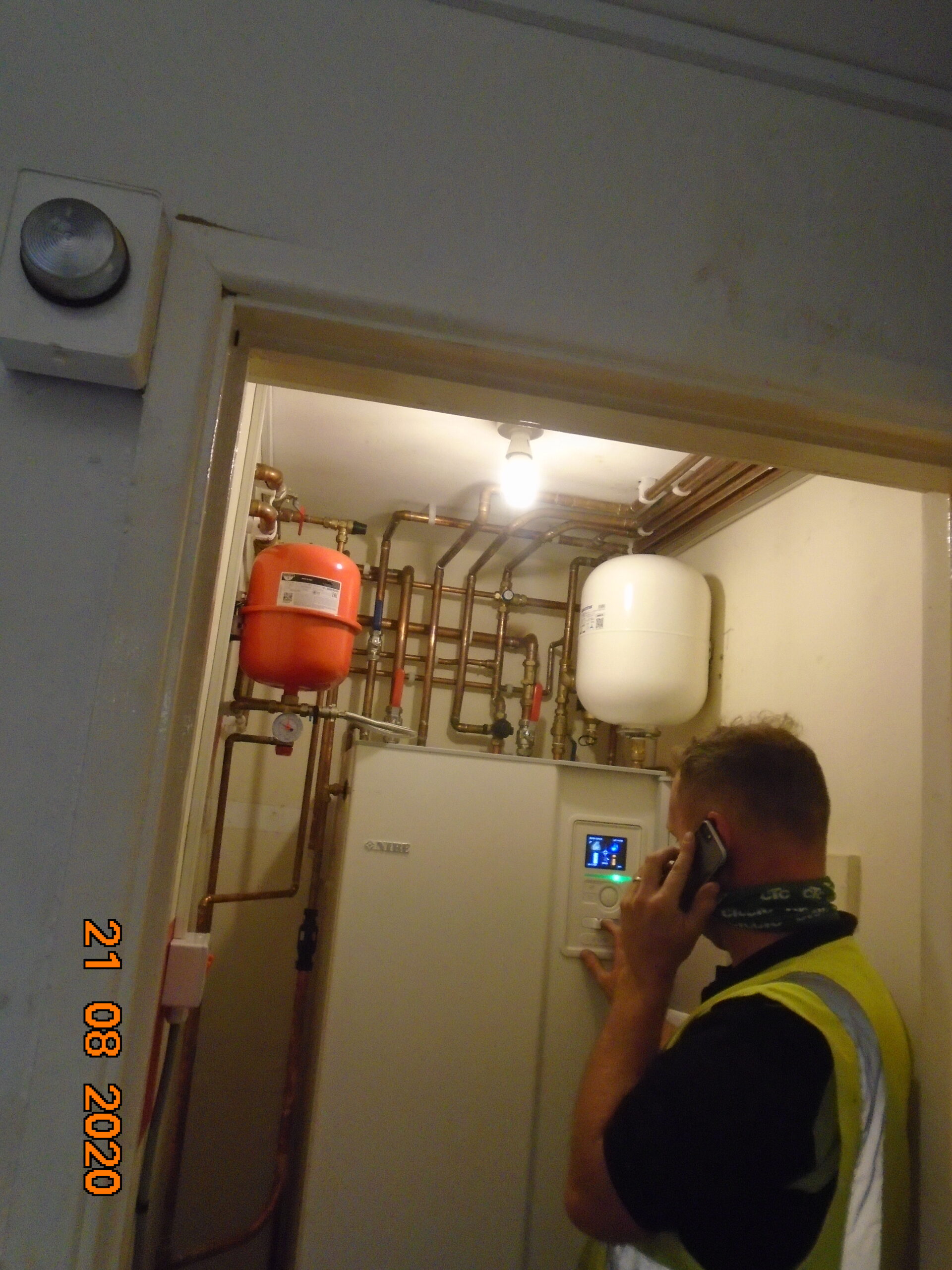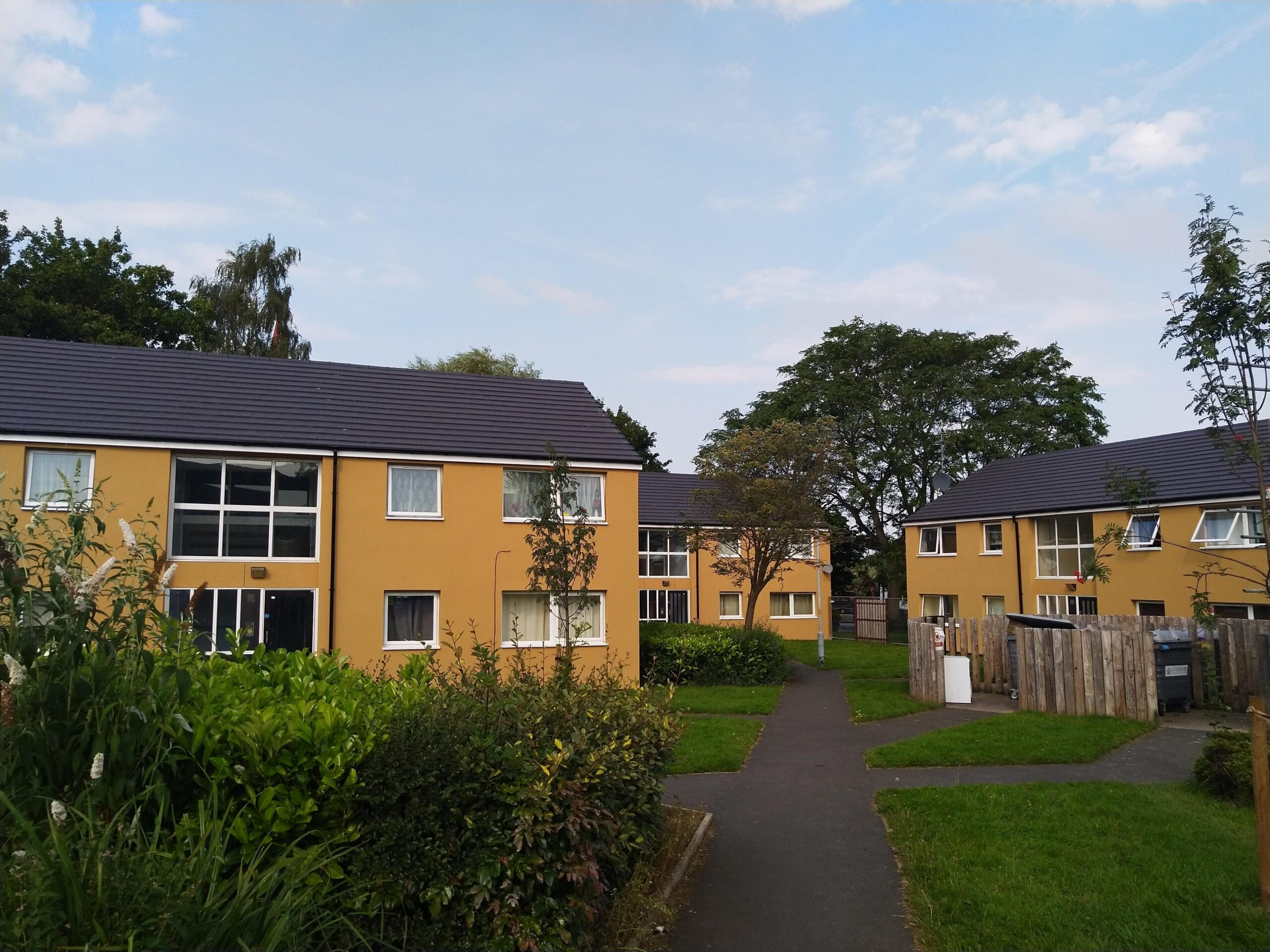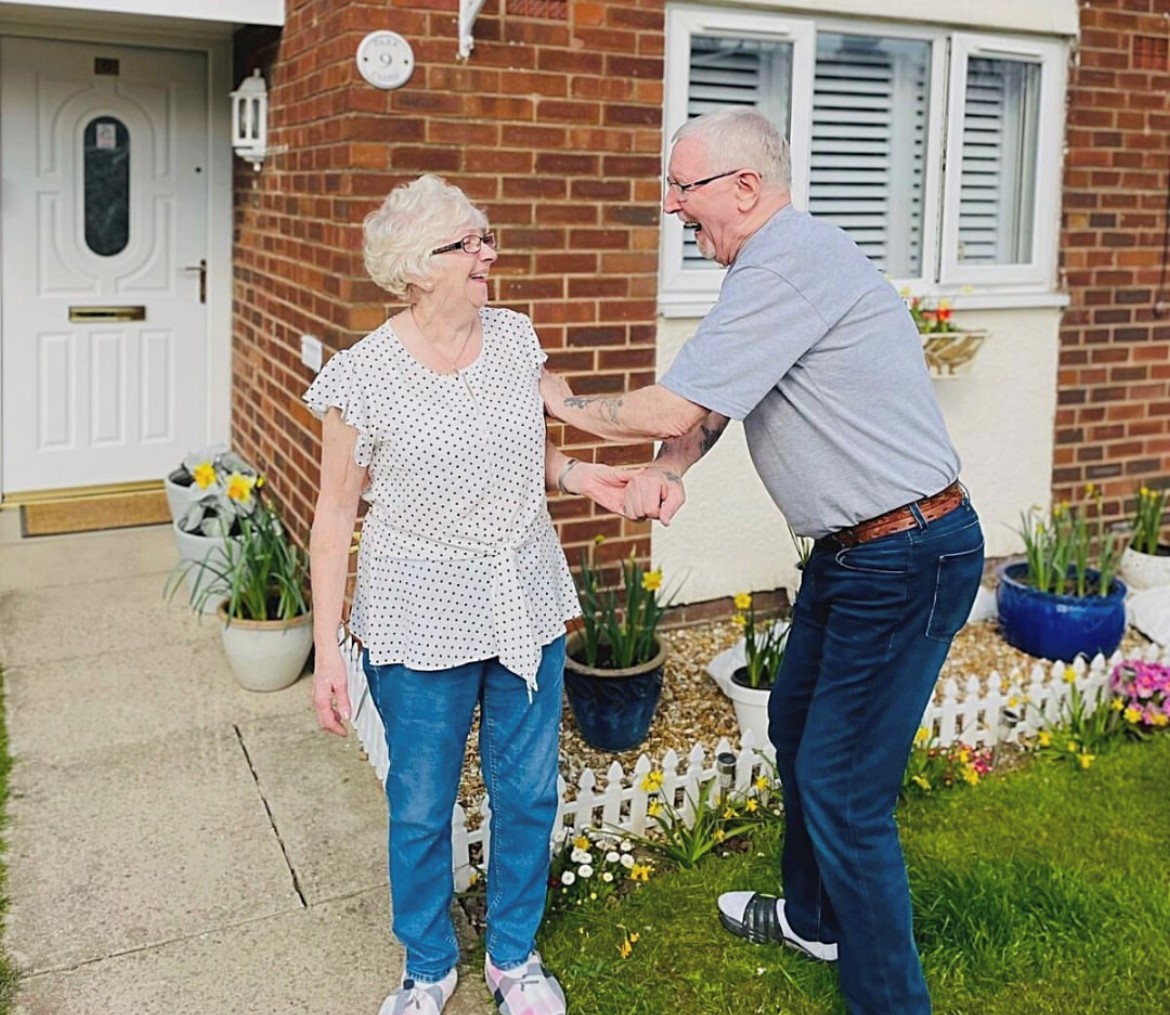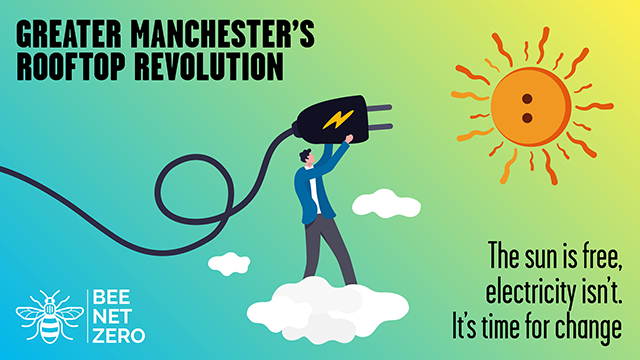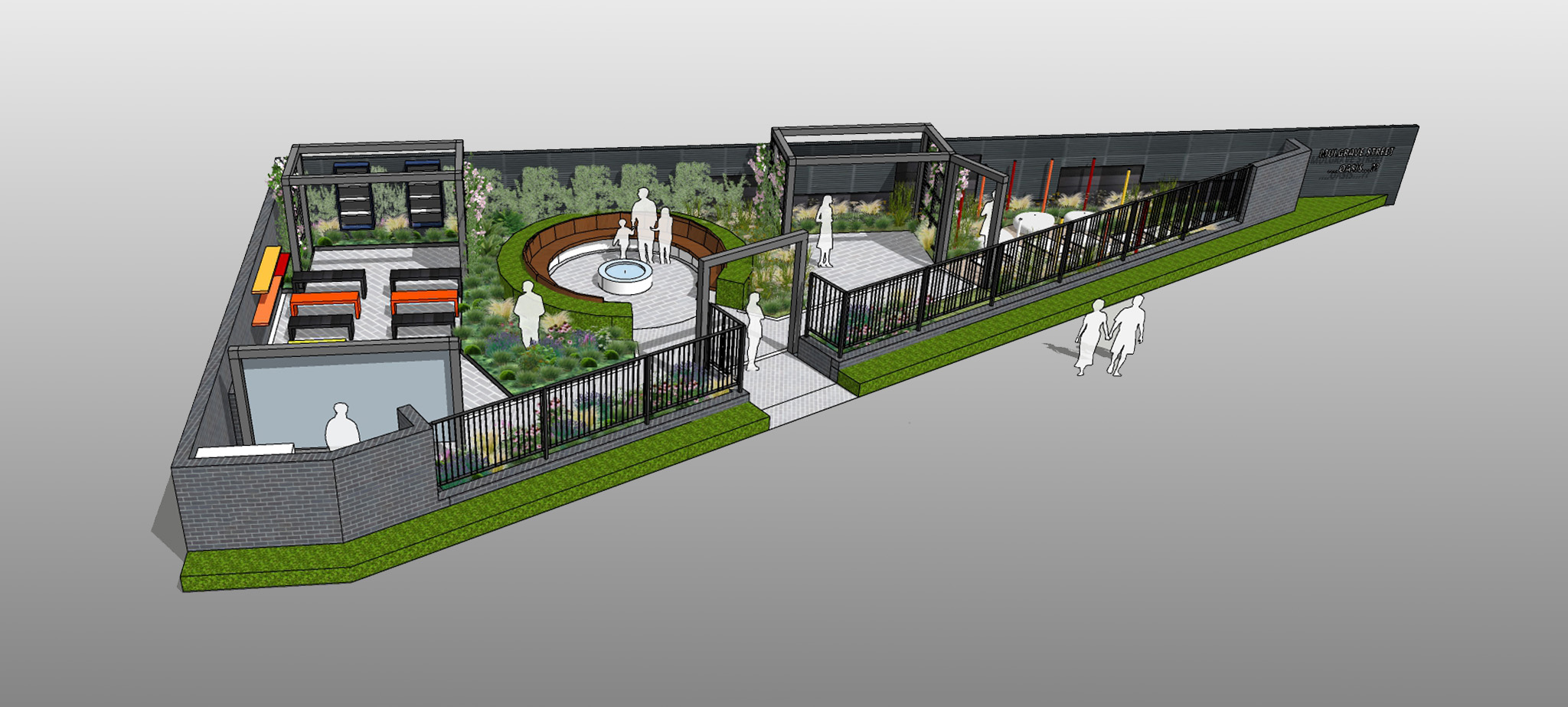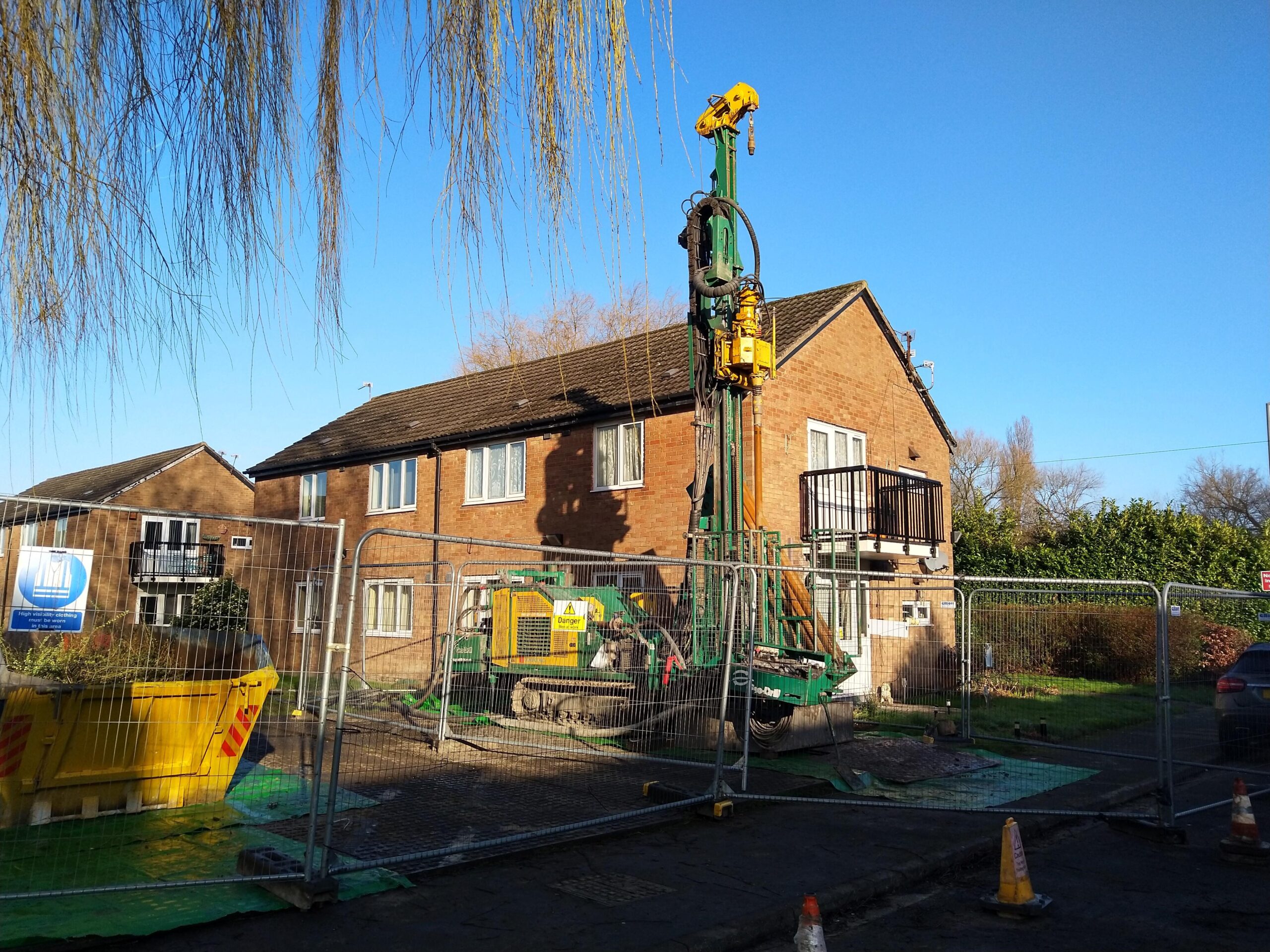
Homes as Energy Systems
Old Trafford, Manchester
Our Story
Domestic properties are currently viewed as ‘dumb’ loads on the electricity network as they play little part in the wider electrical energy system other than as a point of consumption.
This classification of homes is outdated and does not reflect the increasing complexity of the electricity network with increasing amounts of small scale renewable generation (150MW solar PV in GM), larger scale intermittent, yet forecastable, renewable generation (such as wind), increasing demand for electricity from the electrification of heat and electric vehicles, constraints of the existing electrical network (at the national transmission and local distribution level) and the reduction in large scale electricity generation capacity.
The Challenge
Given the aggregated and cumulative impact of domestic dwellings on this system, homes need to play a bigger role in the future maintenance and management of the wider electricity system.
Our Solution
The ‘Homes as energy systems’ (HaES) project brings two complementary themes into one holistic, systemic, project and couples ‘energy’ (embedded generation, aggregated grid services, electrification of heat, storage, load shifting) and ‘energy efficiency’ (demand reduction, monitoring and education)
When combined and viewed holistically, these two themes ensure that domestic dwellings with reduced energy demand actively contribute to a dynamic energy system and fulfil a ‘component’ role, benefiting the system as a whole, as opposed to being a load that simply needs managing.
To this end, HaES is:
1. Enabling properties to actively contribute to energy systems through installation of technologies to reduce energy demand, embed generation, offer grid balancing services, electrify heating and store energy.
2. Underlining the capability of aggregated, domestic sized energy storage and controllable load (heat pumps) to contribute to the management of the local and national electrical network through grid balancing and other network services.
3. Supporting development of innovative heating and energy tariffs and financial models for domestic energy demand reduction, on site generation and energy storage.
4. Rebalancing regional energy flows – reduced demand with buffered renewable energy capacity which more closely matches the GM potential renewable energy output.
5. Educating end users to save energy through better use of heating systems, energy generation and storage technologies and user behaviour.
Over 1,000 properties will receive one or more of the following technologies, whole house retrofit, heat pumps, PV & battery, EWI, Control technology – virtual power plant aggregation and control of heat pumps and batteries or energy monitoring.
The project involves Procure Plus, Manchester City Council (and Northwards Housing), Stockport MBC (& Stockport Homes), University of Salford, KrakenFlex and RetrofitWorks. GMCA have supported via Project Board in a strategic advisory capacity.
For further information, click here.
